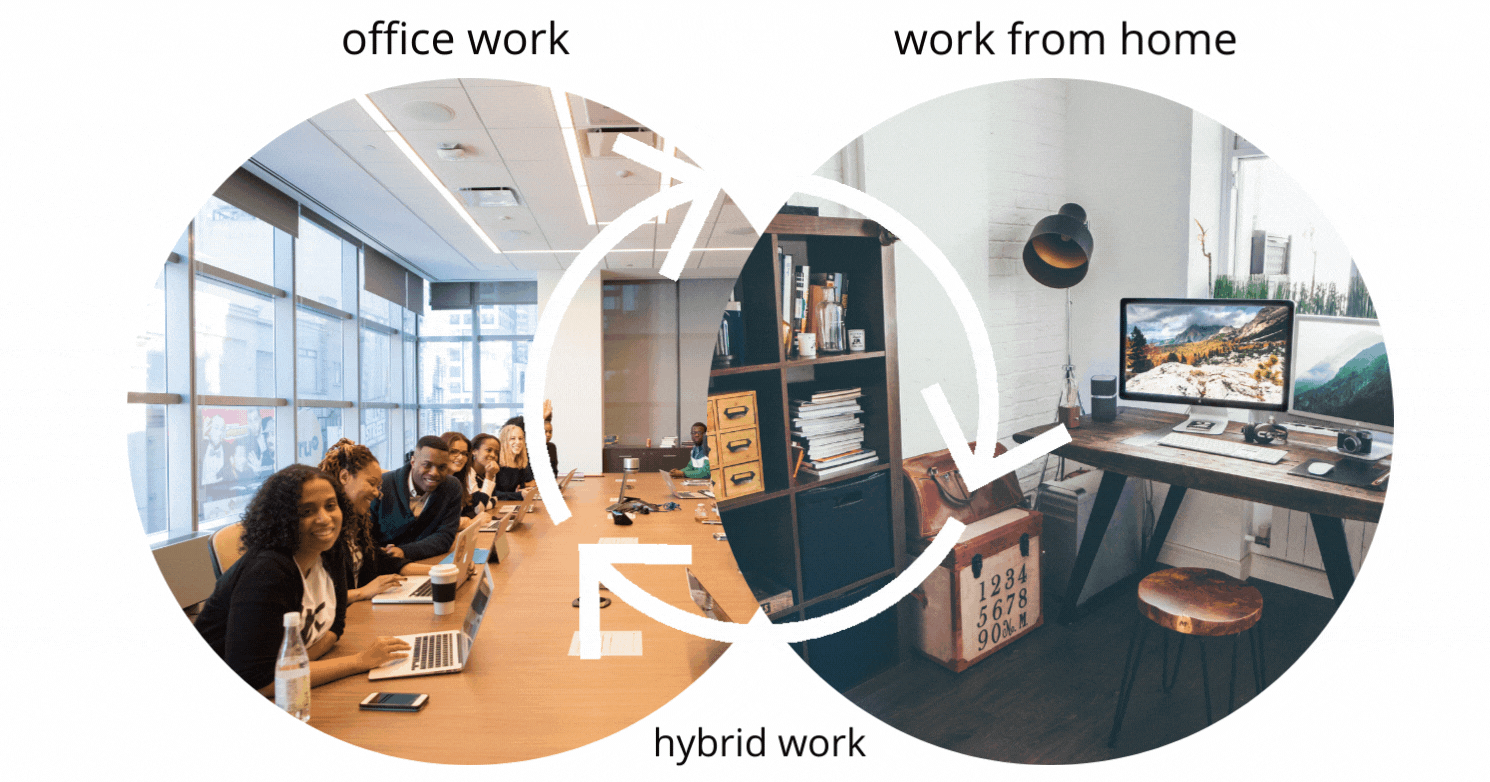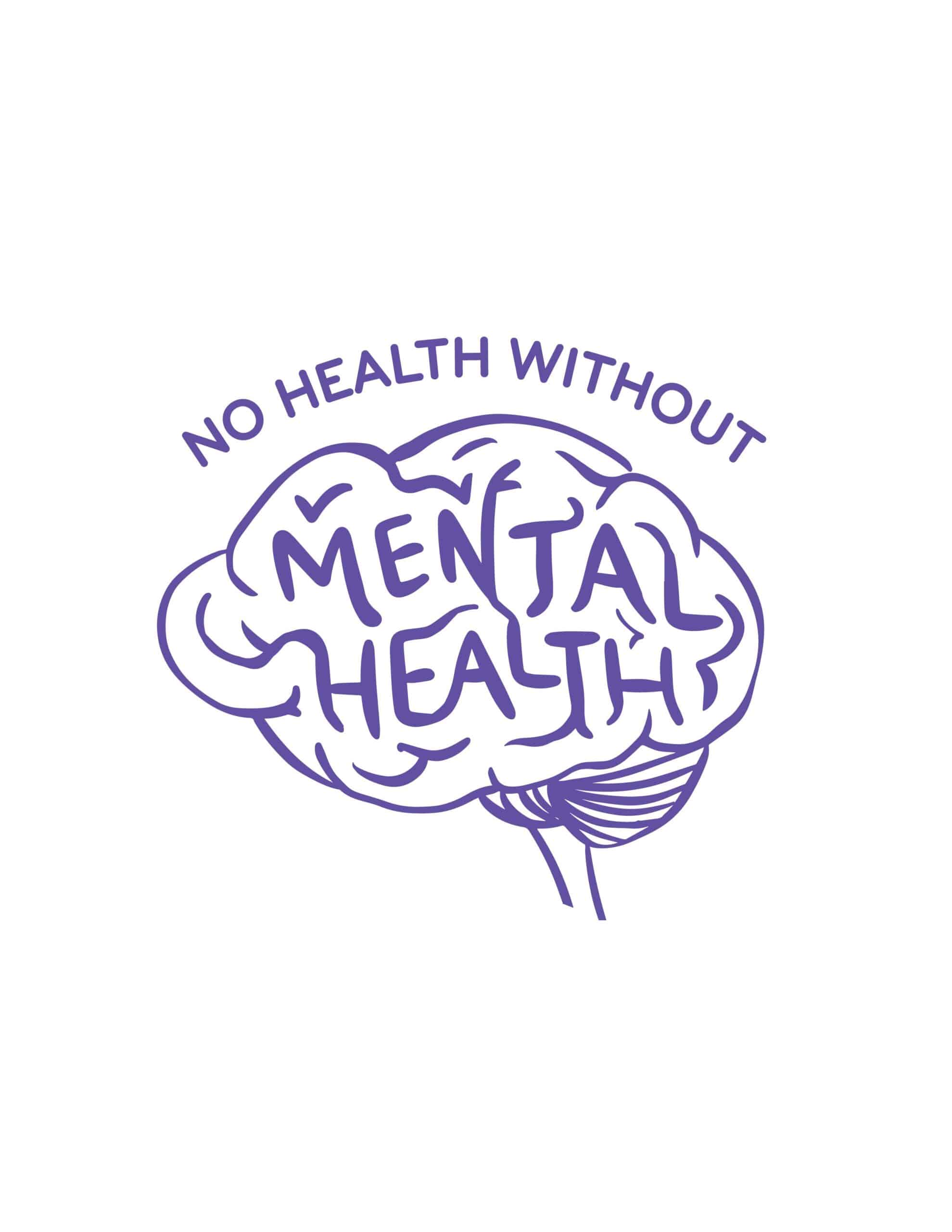
Woodland Park, NJ – February 14, 2024 - The COVID-19 pandemic reshaped the way we work, blurring the lines between our personal and professional lives like never before. As organizations adapt to new norms, the mental health of working individuals has emerged as a critical concern. With the rise of remote work and hybrid work models, maintaining well-being in the workplace has become a difficult issue to tackle for many.

The Impact of Working from Home
Working from home has been a double-edged sword for many people. On one hand, the flexibility and autonomy it offers can enhance work-life balance and productivity. On the other hand, the lack of separation between work and home life can lead to burnout and isolation.
The absence of physical interaction with colleagues and the loss of a structured routine have contributed to feelings of loneliness and disconnection for some. Moreover, the constant presence of digital devices and the blurring of work hours can increase stress and anxiety, making it challenging for individuals to switch off and unwind.

Hybrid Work and Finding Balance
As organizations transition to hybrid work models, new challenges and opportunities arise. Hybrid work promises the best of both worlds, combining the flexibility of remote work with the benefits of face-to-face interaction and collaboration in the office.
However, navigating hybrid work arrangements requires careful planning and adaptation. Employees may find themselves grappling with conflicting expectations, trying to balance their time between home and office, and managing the logistical challenges of commuting and scheduling.

Addressing Mental Health Concerns
In the face of these challenges, it is crucial for employers to prioritize mental health support and foster a culture of well-being in the workplace. This entails providing resources and tools for employees to manage stress, setting clear boundaries around work hours and communication, and encouraging open dialogue about mental health issues.
Regular check-ins, flexible scheduling, and access to mental health resources can go a long way in supporting employees’ well-being and preventing burnout. Employers can also promote mindfulness practices, encourage breaks, and create opportunities for social connection and team bonding, both online and offline.
Individuals, too, play a pivotal role in safeguarding their mental health amidst the changing landscape of work. Setting boundaries, establishing a dedicated workspace, and prioritizing self-care are essential practices for maintaining balance and resilience in this new age of working.
The post-pandemic era has ushered in a new era of work, characterized by flexibility, adaptability, and resilience. As we navigate the complexities of remote work and hybrid work arrangements, it is important that we prioritize mental health and well-being every step of the way.
By fostering a supportive and inclusive workplace culture, equipping employees with the resources they need to thrive, we can create environments where individuals can flourish both personally and professionally in the new normal. Together, we can build a future where mental health is not just a priority, but a fundamental aspect of how we work, live, and thrive.
About FSR
FSR, established in 1981, manufactures a wide variety of signal management and infrastructure solutions for the AV/IT, Information and Communication Technologies (ICT), corporate, education, hospitality, government, and religious markets, including floor, wall, table, and ceiling connectivity boxes and wireways, as well as a full line of interfaces, distribution amplifiers, matrix switchers, seamless scaling switchers, and HDBaseT signal delivery solutions. FSR offers live, 24/7 technical and sales support nationwide from expertly trained technicians and sales representatives. The Company is also an HDBaseT Alliance Adopter Member. For more information: www.fsrinc.com.
# # #
FSR / Press Contact: Donnell Johnson
973-998-2310 •
